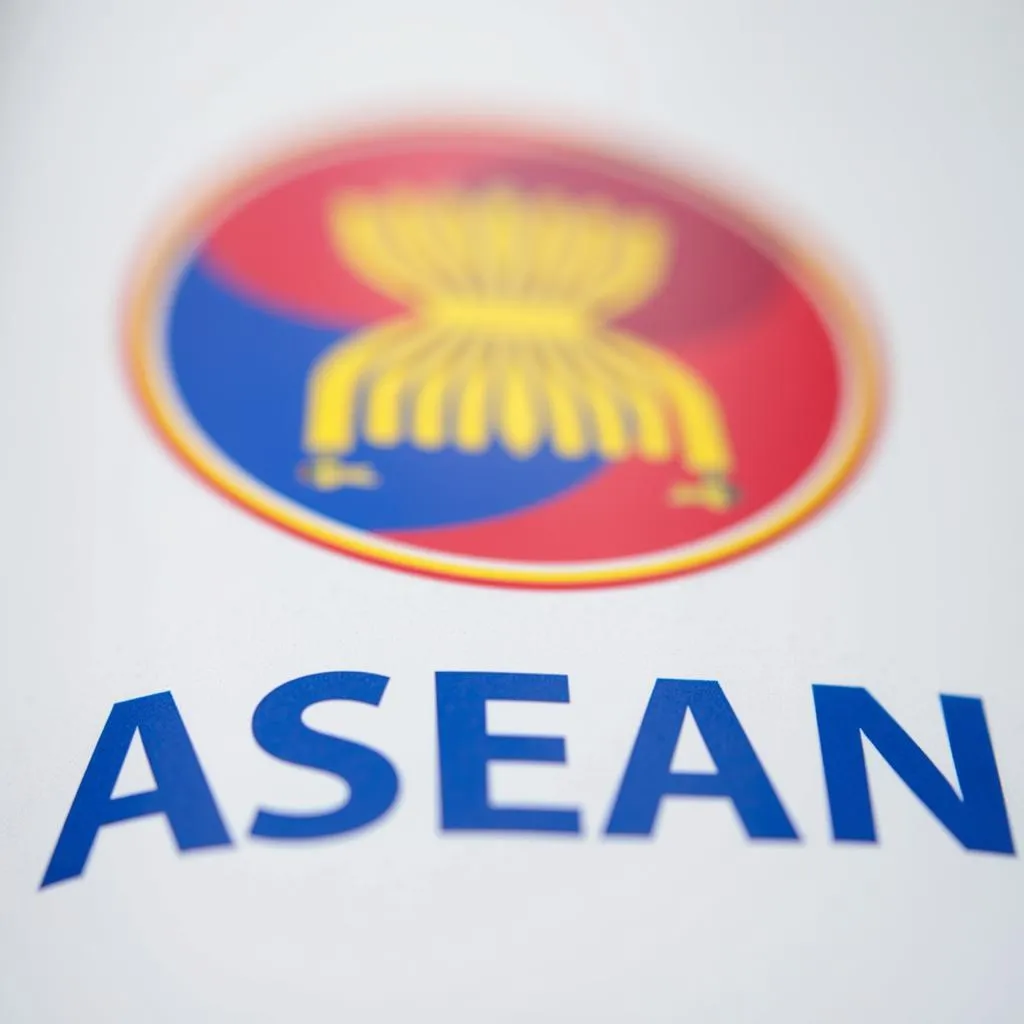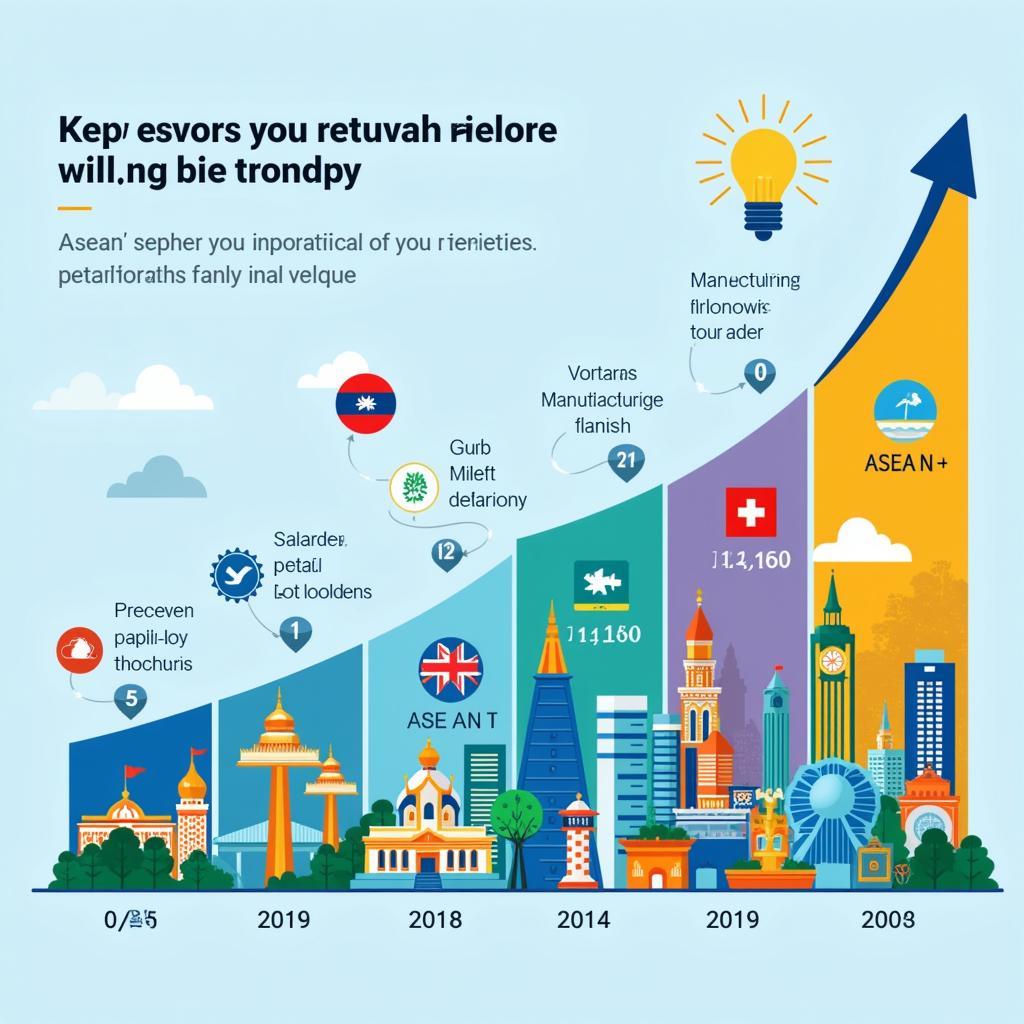ASEAN corporate social responsibility (CSR) reports are increasingly becoming essential tools for businesses operating in Southeast Asia. These reports provide valuable insights into a company’s commitment to sustainable and responsible business practices, covering a wide range of environmental, social, and governance (ESG) issues.
Why ASEAN CSR Reports Matter
As ASEAN economies continue to grow and integrate, businesses are facing increased scrutiny from stakeholders regarding their social and environmental impact. Investors, consumers, and governments are demanding greater transparency and accountability, making CSR reporting more crucial than ever.
A well-structured ASEAN CSR report allows companies to:
- Enhance Brand Reputation: Demonstrating a commitment to CSR can enhance brand image and reputation among consumers who are increasingly interested in supporting ethical businesses.
- Attract and Retain Talent: A strong CSR profile can be a key differentiator for attracting and retaining top talent, especially among millennials and Gen Z who prioritize working for socially responsible companies.
- Improve Risk Management: Proactively identifying and addressing ESG risks can help businesses mitigate potential issues related to environmental damage, labor practices, or corruption.
- Drive Innovation: Embracing CSR can foster innovation by encouraging businesses to develop sustainable products, services, and processes.
Key Components of an Effective ASEAN CSR Report
While reporting frameworks may vary, an effective ASEAN CSR report should encompass the following key components:
- Materiality Assessment: Identify and prioritize the most significant ESG issues for the company and its stakeholders through a comprehensive materiality assessment.
- Stakeholder Engagement: Outline the company’s approach to stakeholder engagement, including the methods used to identify, prioritize, and address stakeholder concerns.
- Environmental Performance: Disclose information on the company’s environmental footprint, including its carbon emissions, water usage, waste management practices, and efforts to conserve biodiversity.
- Social Impact: Report on the company’s social performance across various areas, such as labor and human rights, community development, diversity and inclusion, and product responsibility.
- Governance Structure: Provide insights into the company’s governance structure related to CSR, including board oversight, policies and procedures, and mechanisms for addressing grievances and ensuring ethical conduct.
- Key Performance Indicators (KPIs): Establish measurable KPIs to track progress and demonstrate accountability against established CSR goals and targets.
- Case Studies and Success Stories: Showcase concrete examples of the company’s CSR initiatives and their positive impact on the environment, communities, and other stakeholders.
“Transparency and authenticity are paramount in CSR reporting,” says Dr. Siti Aminah, a leading expert on CSR in Southeast Asia. “Companies should focus on communicating their CSR journey in a clear, concise, and engaging manner, highlighting both their achievements and areas for improvement.”
Aligning with Regional and Global Frameworks
ASEAN companies can refer to various regional and global frameworks and guidelines for guidance on CSR reporting, including:
- ASEAN Guidelines on Corporate Social Responsibility
- Global Reporting Initiative (GRI) Standards
- United Nations Sustainable Development Goals (SDGs)
- Sustainability Accounting Standards Board (SASB) Standards
By aligning their reporting with these frameworks, companies can ensure their CSR reports are credible, comparable, and meet international best practices.
Conclusion
ASEAN corporate social responsibility reports are vital for promoting sustainable and responsible business practices in the region. By embracing transparency, accountability, and stakeholder engagement, companies can leverage their CSR reports to drive positive change, enhance their reputation, and contribute to a more sustainable future for Southeast Asia.
Need assistance with developing a compelling and impactful ASEAN CSR report? Contact our team of experts at Phone Number: 0369020373, Email: [email protected], or visit us at Thôn Ngọc Liễn, Hiệp Hòa, Bắc Giang, Việt Nam. Our 24/7 customer support team is ready to assist you.


